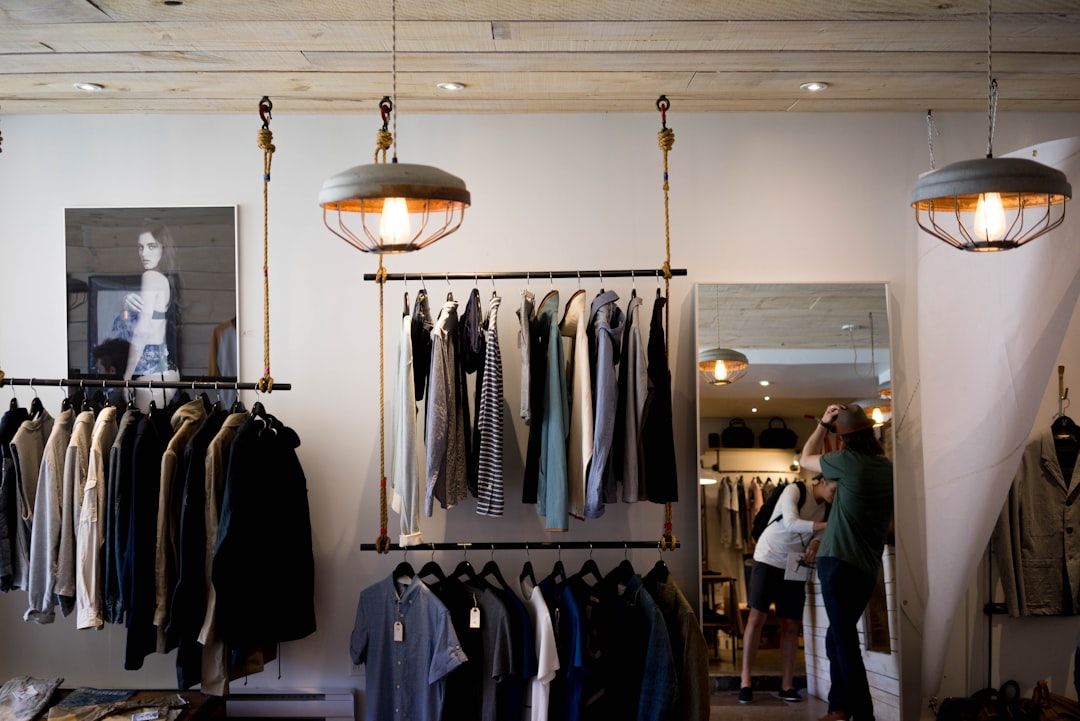Beyond Trends: The Transformative Power of Fashion in Everyday Life
Fashion is more than just a way to dress; it is an art form, a means of self-expression, and a reflection of cultural identity. While many people may view fashion as a fleeting phenomenon dictated by seasonal trends and celebrity endorsements, its impact on our lives goes far deeper. In this exploration, we delve into the transformative power of fashion, its psychological implications, and how it can shape our perceptions of ourselves and the world around us.
Imagine waking up each morning and standing in front of your closet. The clothes you choose are more than mere fabric; they are a canvas on which you paint your identity. The decision to wear a crisp white shirt and tailored trousers can evoke feelings of confidence and professionalism, whereas donning a pair of distressed jeans and a graphic tee might channel a more relaxed and approachable vibe. This psychological connection between our attire and our emotions is a fascinating aspect of fashion that many often overlook.
The way we dress can influence our mood and even our productivity. Research has shown that clothing can affect cognitive processes and behaviors. Wearing formal attire, for instance, may lead to enhanced abstract thinking and a greater sense of authority. Conversely, comfortable clothing can promote relaxation and creativity. This is why many artists and entrepreneurs prefer to don their favorite hoodies or casual wear while brainstorming ideas or creating masterpieces.
Fashion also plays a pivotal role in how we are perceived by others. The concept of ‘first impressions’ is largely based on appearance. A well-put-together outfit can create an immediate sense of credibility and professionalism, making it an invaluable tool in the workplace. Conversely, neglecting personal style may lead to being overlooked or underestimated. Understanding this dynamic can empower individuals to harness the influence of their wardrobe strategically, tailoring their appearance to align with their professional aspirations.
As we navigate the complexities of the modern world, fashion becomes a powerful tool for cultural expression and social commentary. From streetwear movements to sustainable fashion, the industry continually evolves, reflecting societal shifts and challenges. Eco-conscious consumers are increasingly seeking out brands that prioritize sustainability, transparency, and ethical practices. The rise of thrift culture and upcycling has made fashion not just a personal statement but also a statement about the environment and our responsibility toward it.
For many, fashion is also a source of inspiration. Designers draw upon various influences—art, history, and personal experiences—to create collections that resonate with the zeitgeist. Whether it’s the bold colors of a summer collection or the intricate patterns of a winter line, each piece tells a story. As consumers, we can engage with these narratives, choosing to support designers whose values align with our own and whose creativity inspires us.
The beauty of fashion lies in its versatility and inclusivity. It allows us to break free from societal norms and express our individuality. DIY fashion has gained traction in recent years, encouraging people to create their own styles rather than conforming to mass-produced trends. By repurposing old garments or experimenting with fabrics, individuals can create unique pieces that reflect their personality and values. This hands-on approach fosters creativity and a sense of accomplishment, proving that fashion can be both personal and profound.
In conclusion, fashion is not just about the clothes we wear; it is an intricate tapestry woven from our experiences, emotions, and aspirations. It shapes our identities, influences our interactions, and reflects our values. By embracing the transformative power of fashion, we can unlock new dimensions of self-expression, cultivate confidence, and connect with others in meaningful ways. So, the next time you stand in front of your closet, remember: every outfit is an opportunity to tell your story.







